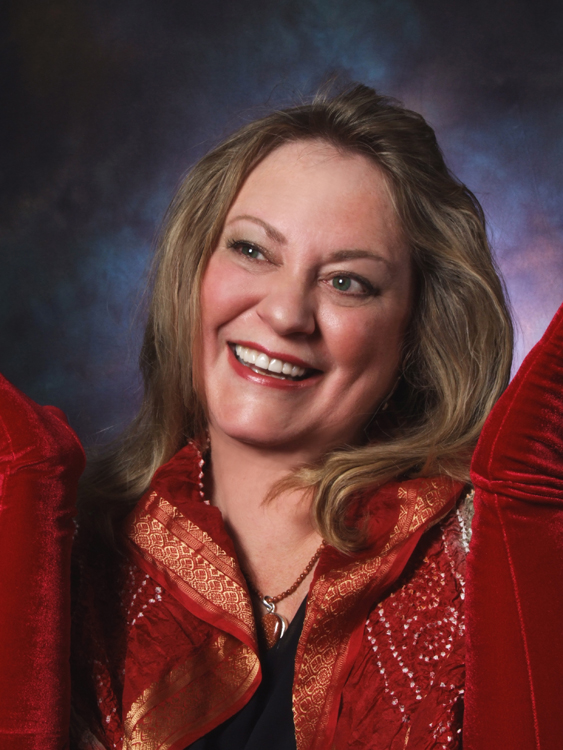 Photo: Michael Gold
Photo: Michael Gold
... a few words about music.
Important note: this work makes no medical claims, and it is up to you, dear reader, to use any information you find here responsibly and intelligently, toward yourself and others.
All material ©Sing into Joy
Your Instrument? Your Whole Body!
October 14, 2020
Let’s start at the very beginning, as the song “Do-Re-Mi” from The Sound of Music invites.
"What’s my Instrument? It’s my voicebox, a.k.a. my larynx—right?”
Oh Grasshopper, it’s much bigger than that. When you sing, your whole body is your instrument. Unlike instrumentalists who can and must project the music through another vehicle, our bodies are the entire vehicle for and the embodiment of the music.
Looking at it from the fear side, there’s nowhere to hide. From the joy side, singing can be the purest, most direct and moving expression of our individual spirit and our collective humanity.
This in no way flies in the face of what I wrote a couple of weeks ago, about thinking of our voices as “The Voice” rather than “My Voice,” and keeping that healthy layer of detachment in the self-worth department. (See “The Voice,” September 30.) If you were a violinist with the incredible good fortune to play a Stradivarius, you’d have to take great care of that instrument. Your voice, your body, dear Grasshopper, is your Stradivarius.
Embodying our own instrument means several things in practical terms. Each of these elements, as well as my state of mind and my attention, and what I ate or drank last night, has a direct effect on what comes out of my mouth on any given day. In later postings we’ll address these areas one by one. For now, try taking about 5 minutes to do a little inventory and check-in:
· How am I standing (or sitting) right now; how’s my posture aligned?
· How relaxed or tense is my body? If I notice any areas that don’t feel relaxed, can I release them a little just by bringing my attention to them? Maybe add a wiggle, a stretch, a little targeted massage?
· On a scale of 1 to 10 with 1 being “very tired” and 10 being “very energetic,” what’s my energy level right now?
· On the same 1-10 scale, what’s my stress level? Am I preoccupied, worried, on a deadline? Can I focus right now on just this exercise, for me?
· What’s my mood? Of course it affects my body. For now, I just take note, aware that singing for just a few minutes can make a big difference if I’m feeling down. (Yes, there are studies…)
· How’s my breathing? How deeply and broadly can I feel the breath moving in my body? If I exhale fully, slowly, does the next breath comes in a little deeper all by itself? If I repeat that 2-3 more times, do I notice a subtle change?
Now let out some sound on each out-breath. Any sound will do. The objective here is to connect the breathing, and everything else you’ve done in the last few minutes, to making the sound. If you can carry on with that, explore it for awhile, great! You can lift your spirits, exorcise annoyances or bodily discomforts, feel where the sound travels “within you and without you,” to reference another song, this one by George Harrison of The Beatles.
“My whole body is my instrument.” And because our bodies are different every day, so are the voices that come out of them. Every day is a new adventure with my instrument.
Message me if you'd like to share your thoughts or experiences with this subject.
You can also ask to join the private Sing into Joy FB Group here to delve deeper. Or visit and like our FaceBook page.
©Danielle Woerner 2020
